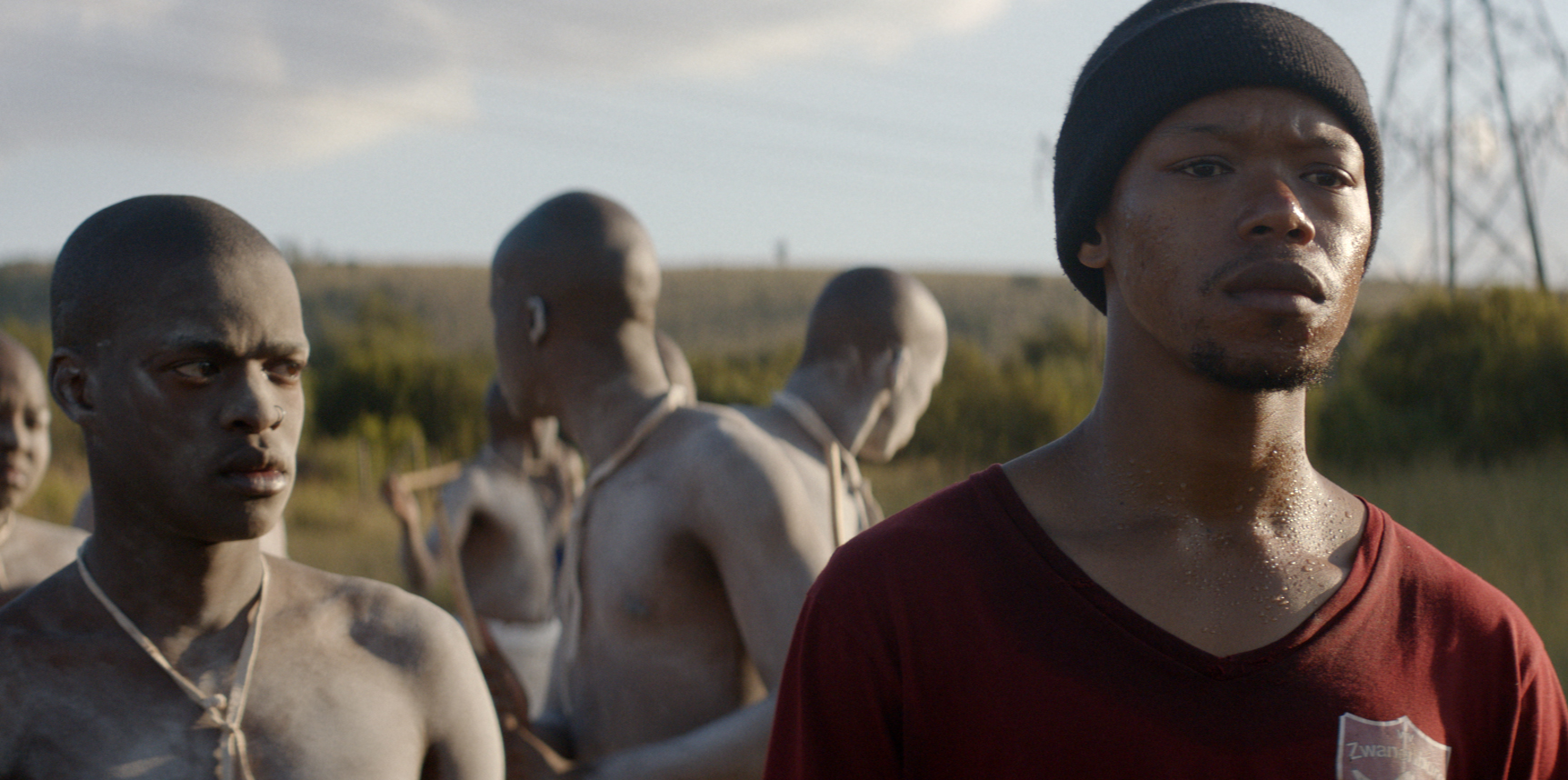A recent book, Queer Bodies in African Films, studies the growing LGBTIQ+ output from filmmakers around the continent, from Morocco to South Africa. In the process, it analyses what queerness is and means within the context of African countries. Its author, Gibson Ncube, is a lecturer and scholar who focuses his research on queerness in African cultural production – from literature to films. We asked him four questions.
Is there a growing queer representation in films from African countries?
Yes, the last decade has seen a proliferation of these films. Nigeria’s Nollywood has produced a considerable body of films portraying queer lived experiences. Although most of these experiences remain largely formulaic and moralistic, there have been films like the 2020 lesbian love story Ife which offer positive images of queerness in Nigeria.
With its long history of queer representation in film, South Africa continues to produce work that highlights the diversity of LGBTIQ+ experiences. Christiaan Olwagen’s coming-of-age war musical Kanarie appeared in 2018. The following year saw Moffie by Oliver Hermanus, set in the apartheid army. And Bonnie Sithebe’s 2022 lesbian drama Valley of a Thousand Hills is set in traditional rural South Africa.
Importantly, there have also been features from countries that previously had not produced such themed films. For example, the 2015 Tchindas is about a queer carnival in Cape Verde. Kapana is a 2020 gay love story from Namibia. A documentary about being gay in conservative Sudan, The Art of Sin, appeared in 2020.
Also, there have been films from countries with some of the harshest LGBTIQ+ laws, such as Nigeria (Hell and High Water), Uganda (The Pearl of Uganda) and Kenya (I am Samuel).
But film-makers still have to contend with diverse forms of banning and censorship. This does not, of course, diminish the films’ growing influence.
African queer films often navigate unique social, cultural and political challenges – such as deep-rooted homophobia and colonial legacies. They explore the complexities of being both queer and African and often incorporate traditional cultural elements. These films contribute to a broader global discourse on queer issues while offering distinct perspectives and narratives.
What is the book’s main argument?
The main argument is in two parts. Firstly, I argue that the body is central to understanding queerness in African film. I first watched some of the films in their original languages and without subtitles. Although I did not understand languages like Afrikaans, Arabic or Kiswahili, I found that the visuality of queer bodies told stories. The bodies told stories in a language that wasn’t verbal or oral.
Secondly, I contend that it is important to think of how queer bodies come into being in different parts of the continent. I undertake a pan-African reading of films from various regions to emphasise not only the differences in how they depict queer bodies but also the shared experiences that transcend regional and cultural differences.
One of the main differences between films north and south of the Sahara is the openness of depicting queerness. In North African films, queerness exists in silence and is expressed through suggestive language. In sub-Saharan films, there is a move to more unconcealed representations. However, the films capture the cultural and social realities of the societies being portrayed.
Please tell us about a few of the films you studied
Some were better known than others. I examined contemporary films like Skoonheid (Beauty) by Oliver Hermanus, the 2011 gay drama set in a conservative Afrikaans community, and the 2013 Moroccan coming-of-age drama Salvation Army by Abdellah Taïa. I also looked at the gay 2017 Xhosa initiation school drama Inxeba/The Wound by John Trengove and the 2018 Kenyan lesbian romance Rafiki by Wanuri Kahiu.
These films have attracted considerable academic attention. But I reread them by focusing on the representation of the queer bodies.
For example, Inxeba has previously been analysed for how queerness exists within the traditional Xhosa ceremonies of ulwaluko (circumcision and rites of initiation into manhood). I concentrate rather on the penis and how ulwaluko is a process of conferring symbolic and cultural authority to this organ. I demonstrate that the penis can be a site of rethinking masculinity and also what queerness means in traditional black societies of post-apartheid South Africa. Instead of portraying the penis as virile and domineering, Inxeba considers the penis as vulnerable and feeble. Through this focus, I attempt to understand queer embodiment.
I also examine little-known films from North Africa like the 2009 lesbian drama Al Dowaha (Buried Secrets) by Tunisian director Raja Amari and the 2006 Muslim drama exploring masculinity Imarat Yácubyan (The Yacoubian Building) by Egyptian film-maker Marwan Hamed.
Through their varied depictions, these films play a significant role in making visible marginalised gender and sexual identities. They provide a crucial visual archive that contributes to our understanding of queer lives in North Africa.
What did you learn from studying these films?
Studying these films has yielded a profound understanding of queer experiences within diverse African cultural contexts. They undoubtedly shape our understanding of queer lives and experiences in a continent where queerphobia remains rampant.
The films provide vital representation, challenging stereotypes and fostering visibility for marginalised communities. African queer cinema contributes to global discussions on important human rights questions.
The films also showcase cinematic innovation and underscore the role of media in social change. Moreover, studying these films chronicles the journey of queer rights in Africa. It reflects both progress and setbacks while fostering community building and solidarity among queer individuals and allies.
The book highlights the rich diversity of experiences within African LGBTQ+ communities. It debunks the myth that queerness is unAfrican and a Western import and shows that queer individuals have always been part of African societies. DM
This story was first published on The Conversation. Gibson Ncube is a Lecturer at Stellenbosch University.





